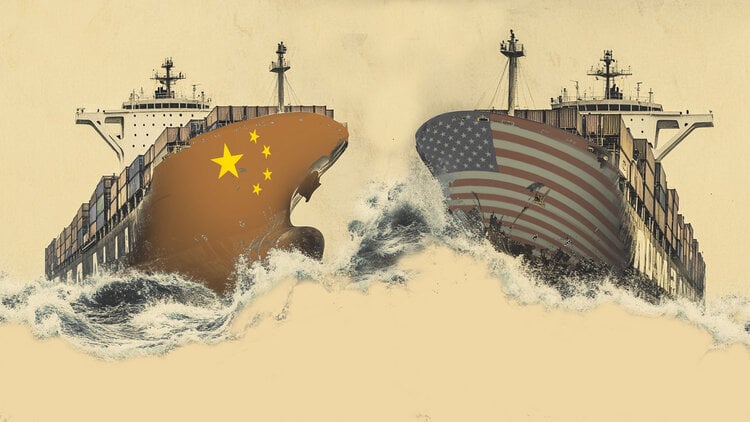Polymarket Faces Controversy as Whale Allegedly Manipulated Market Outcomes
- A whale allegedly influenced a Polymarket market resolution using 5 million tokens.
- The decision cost traders thousands, sparking concerns over decentralized governance integrity.
Polymarket, a leading decentralized prediction platform, is under fire after an alleged governance attack led to a controversial market resolution. A large UMA token holder (so-called whale) reportedly manipulated the voting process to secure profits. This left many traders questioning the integrity of the system.
The dispute centered on a prediction market asking whether Ukraine would sign a mineral agreement with Donald Trump before April. Although no official deal was announced, Polymarket resolved the market as “YES,” sparking outrage. A whale holding 25% of the voting power allegedly swayed the outcome in their favor using UMA’s Optimistic Oracle, leading to accusations of market manipulation.
Whale Influence and the $7 Million Fallout
Reports indicate that the whale strategically used 5 million UMA tokens spread across three accounts to influence the final vote. As a result, Polymarket’s system validated the disputed resolution, causing traders who had bet on “NO” to suffer losses in the thousands.
Over $7 million flowed into the betting pool. Many traders argued that Trump’s statement about expecting to sign a deal was not sufficient proof, especially since no official agreement was reached.
A trader on X believes most events are not determined by real world events but by influencers decisions as opposed to polymarket’s claim, he thinks Polymarket isn’t transparent with its deals.
“The rules clearly state, “The resolution source for this market will be official information from the governments of the U.S. and Ukraine.” Yet, there is no confirmation of the deal or the outcome of the decision,” wrote Web3Marmot.
Critics argue that the event exposes a major flaw in Polymarket’s reliance on UMA’s Optimistic Oracle, where token holders, rather than real-world facts, determine market outcomes.
Polymarket and UMA Respond
Following the backlash, a Polymarket representative addressed concerns on Discord, stating:
“We are aware of the situation regarding the Ukrainian Rare Earth Market. This market resolved against user expectations and our clarification. However, because this wasn’t a market failure, we cannot issue refunds.”
Polymarket emphasized its commitment to improving clarity and preventing similar issues in the future. The UMA team has also been involved in discussions to refine governance processes and avoid last-minute vote swings that disrupt market confidence.
Meanwhile, some traders argue that this was not a governance attack but a case of negligence. A user on X noted that Polymarket’s last-minute clarification on the dispute came too late. The UMA whale voters, having already committed their votes, opted to confirm “YES” rather than face penalties or restart the voting process.
Despite the controversy, Polymarket has maintained a 94% accuracy rate in predicting events, according to research by data scientist Alex McCullough. However, this case has raised questions about the reliability of decentralized governance in high-stakes betting markets.
With over $4.5 billion wagered on Polymarket across political and sports markets, trust in its governance mechanisms is crucial. As the industry evolves, ensuring fairness and transparency will be key to sustaining user confidence in decentralized prediction platforms.
Highlighted Crypto News for Today:
Dogecoin (DOGE) Jumps 10.58% as Foundation Launches 10M DOGE Reserve

